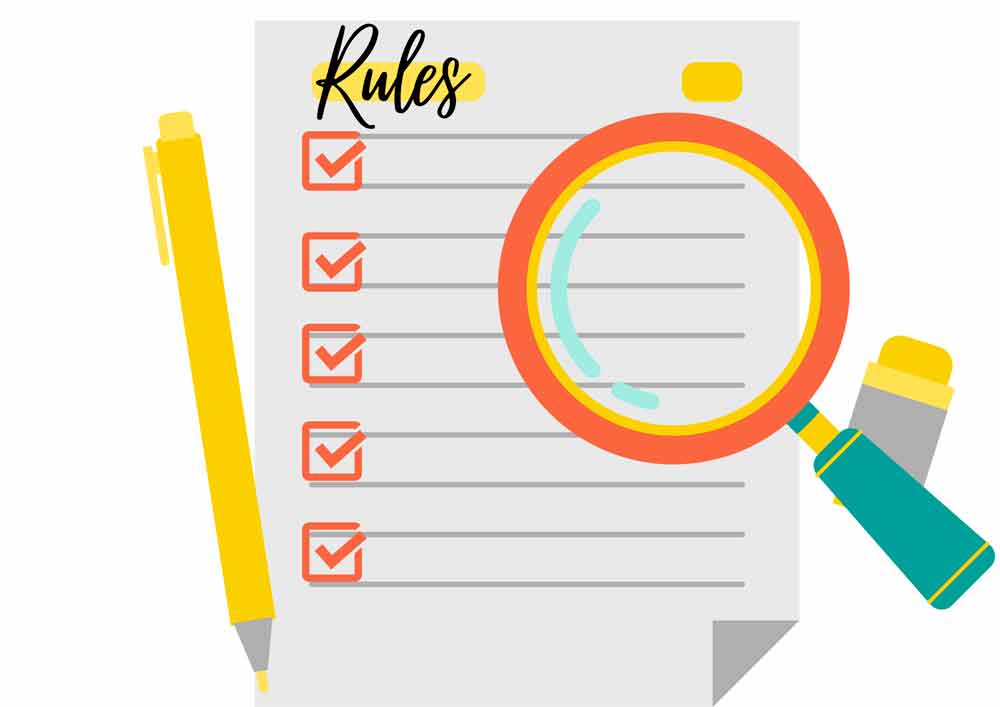Do you want to learn a new language, such as Italian? Do you love the Italian language?
You’ve come to the right place if you’re looking for advice on how to get started.
There are a lot of different approaches to learning a new language.
The essential thing is to enjoy the process and turn it into a daily practice that you look forward to.
You also need a method to keep all your words, phrases and rules in long-term memory.
How can you do that? Find in this post 10 Advice to help beginner learners of the Italian Language:
1. Memorising
As a beginner, you will need to learn a lot of new words and phrases and repeatedly revise what you have learned over a few days
A method known as spaced repetition system is the most effective method for achieving this.
What is the spaced repetition method and how can you use it in your learning process?
Spaced repetition transfers what you need to remember from short-term memory to long-term memory in the brain.

❇️ Short-term memory has a fairly limited capacity;
❇️ Long-term memory is the storage of information over a long period of time.
The more the information is repeated or used, the more likely it is to eventually end up in long-term memory, or to be “retained.”
So it reduces the number of hours spent studying while improving memory retention in the brain.
The easiest way for a self-learner to apply spaced repetition is to use flashcards on paper or electronic.
The standard Italian flashcard includes an Italian word on one side and the English translation on the other, but you can write anything on either side of the cards, from definitions to sample sentences using the new term.

Learn more about spaced repetition method
There are a variety of free applications available today that use spaced repetition learning.
If you are looking for a free app which uses spaced repetition you can try:
- Anki (Windows/MacOS/Linux) – (one of the most popular spaced repetition software)
- AnkiDroid Flashcards app for Android Smartphones
- Quizlet : Learn Languages & Vocab with Flashcards
- TinyCards by Duolingo: Fun & Free Flashcards
- Memorion app for Android Smartphones (Flashcard Learning)
- Memrise is a language platform using spaced repetition with some cards to improve the learning process.
- Memorang: Available on a variety of platforms: online and smartphone apps
2. Listen
You need to learn to listen before you can learn to speak. Every language sounds strange the first time you hear it. The more you expose yourself to it, though, the more familiar it becomes, making it easier to speak and comprehend.
Short stories and podcasts for beginners are great ways to begin building an ear for a new language.
Of course, you don’t have to worry if you don’t understand every word.
The most important thing is to listen to the keywords in a conversation.
These words are usually nouns (“cane/casa”), verbs (“giocare/correre”), adjectives (“bello/brutto”) and adverbs (“velocemente / lentamente”).
For example, if you heard the words “vedere/film/cinema/ieri sera,” you would probably grasp what the other person is saying: “Ho visto un film al cinema ieri sera.”
3. Find the Time to Learn
There are learners that have few hours during the day to spend learning a second (or third) language.
You could plan to add some 15 minutes a day to revise some vocabulary or maybe you can listen to an audio while driving or doing exercises in a gym.
You could listen to a video tutorial on Youtube while cooking or cleaning your house.
Make these activities a part of your daily routine.
4. Patience
Starting and improving a foreign language needs a bit of patience.
Enjoy the process of learning and be glad for every improvement day by day; every little one gives you the motivation to keep learning, following the methods and plan you have chosen.

5. Tracking your process
Use a simple notebook to write the task you’re working on, for example, take note of what activities you accomplish in a day or in a week.
You’ll feel great seeing the results of your time spent on language improvement, finding new skills and working consistently toward your language goals.
6. Don’t be afraid of making mistakes.
Even native speakers make mistakes! Don’t be discouraged by this.
There will come a time when you will detect your mistakes and be able to fix them without the help of your teacher, but until then, you must use the language, and making mistakes is the best way to learn!

7. Take advantage of every opportunity to speak Italian
If you don’t have the chance to visit Italy, immersing yourself in the language wherever you are, is the greatest approach to learning Italian. For example, you can record yourself speaking or reading aloud to improve your pronunciation or meet up with natives in your area or online.
PERFECT YOUR ITALY PRONUNCIATION
When it comes to pronunciation, the most important thing is that other people can understand you.
Make an effort to keep your accent as clear and understandable as possible.
For example, word stress is an important aspect of Italian pronunciation. Each Italian word has its own pattern of stress.
8. Don’t translate Italian into your language
Even if you don’t know how to explain anything, try not to translate Italian straight and instead find another way to communicate your idea with Italian words you have already learned.
Use your imagination to overcome challenges, even if it is in a very simple way making more use of basic expressions.
9. Practise: the more you do it, the better.

“Perfection comes with practice”. Don’t let an opportunity to practise pass you by. You must use your Italian whenever you can in order to practise, as there is no other way to learn the language. As with learning any language, speaking and practising are essential!
10. Learn first very basic Italian grammar rules

It will probably take a while to learn and master Italian grammar. Hence, it is essential to start with the fundamentals and build up a solid basis before tackling more challenging grammatical structures.
Here are some basic topics to go over when starting out:
✅ Nouns and articles. Italian nouns are masculine and feminine and have corresponding articles. The article specifies if a word is singular or plural, masculine or feminine.
✅ Verbs. Depending on how the infinitive ends, Italian verbs are classified into one of three main categories. These verbs end in -are, -ere, or -ire. You should learn the conjugation rules for each group.
✅ Adjectives. Adjectives are important in Italian. An adjective agrees in gender and number with the noun and has several forms.
We’ll finish with two big questions:
✴️ “Is Italian hard to learn?
✴️ ”How long will it take to learn Italian?
Unfortunately, there isn’t one answer. There are a lot of factors that influence how long it will take you to learn Italian.
It depends on:
- Your native language closer or further from the Italian language (English, Arabic, Japanese)
- If you already speak a Romance language Spanish, French, or Portuguese, you’re going to learn Italian faster because there are many similarities in vocabulary and structure.
- How many languages do you already know?
- Your motivation and self-confidence
The Foreign Service Institute (FSI) considers Italian to be one of the easiest languages to learn, based on what FSI has observed. (though the actual time can vary based on a number of factors.)
For FSI, Italian is in Category I Languages: 24-30 weeks (600-750 class hours) is the average length of time for a student to achieve proficiency.
Is Italian the first foreign language you are learning or maybe the second, the third?
If it is the second/third (or even fourth) foreign language you are learning, you might already have your favourite method of learning, and you know how to find the right time to review.
Of course, it mainly depends on how many hours you really spend learning.
If you think that learning Italian is too complicated or maybe you don’t have a talent for language learning, just give it a try and above all find a more enjoyable way to learn it.

YOU MAY BE INTERESTED IN:
🔗 Learning Tips from Easitalian BLOG







Leave a Reply